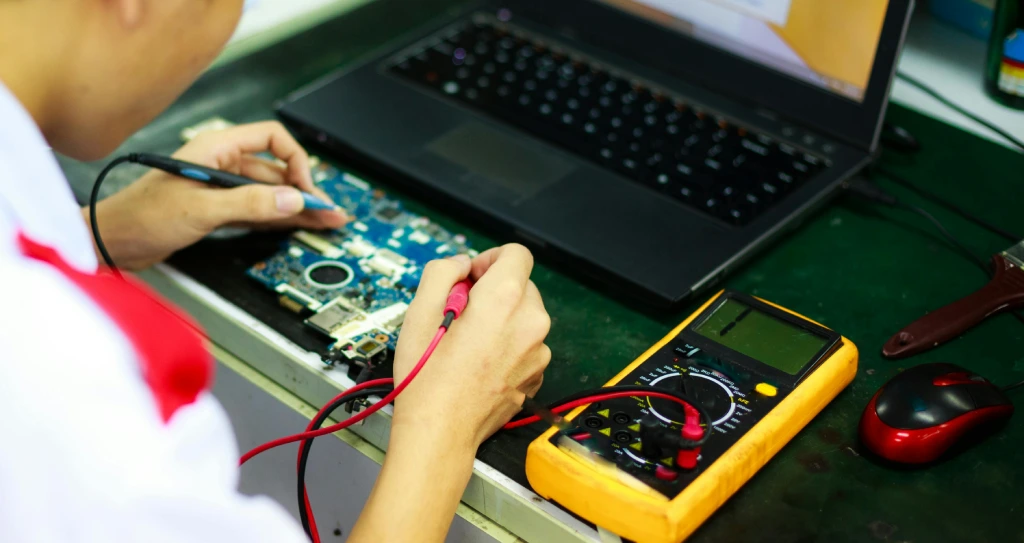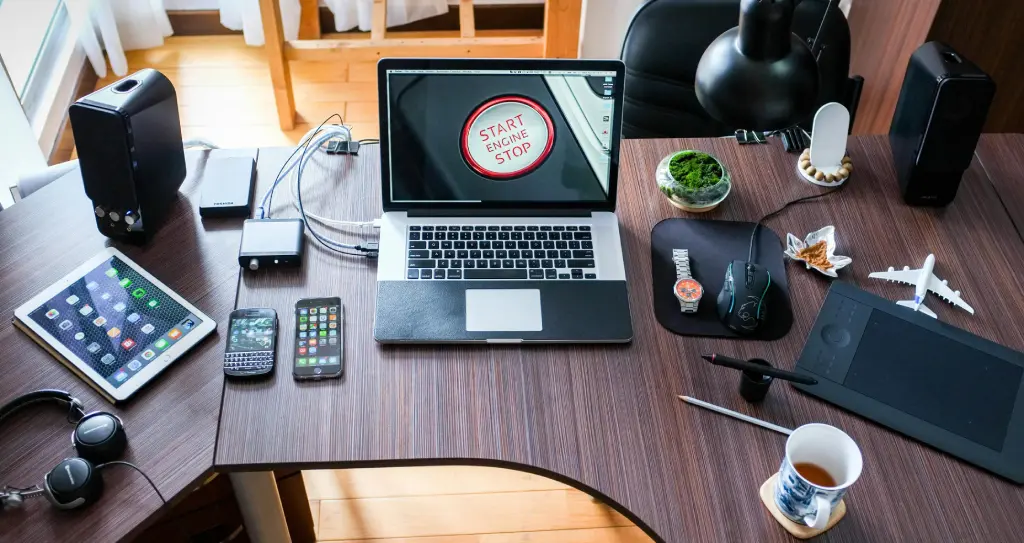Google said on Monday that it is strengthening security protocols around the deployment of Android apps. Google will start confirming the legitimacy of developers sharing their apps on Android smartphones starting next year, not just those that distribute through the Play Store. The global deployment will be more slow, but once the changes go live, they will impact all certified Android devices.
The tech behemoth emphasizes that Android will continue to allow developers to distribute their apps outside of the Play Store by sideloading or through other app stores. Developers who valued the anonymity of other distribution channels, however, will no longer have that choice. According to Google, this will lessen the number of criminals who pose as someone else in order to spread malware, perpetrate financial fraud, or steal user information.
Google claims that, in comparison to Google Play, which has required developer authentication since 2023, more than 50 times as much malware originated from internet-sideloaded sources.
Beginning in October 2025, Google will first provide interested developers early access so they may test the system and offer input. Verification will be available to all developers in March 2026. Apps installed on Android devices in Brazil, Indonesia, Singapore, and Thailand will need to comply with the new standards by September 2026. The criteria will start to be implemented globally in 2027.
Due to the requirement that developers submit their legal name, address, phone number, and email, freelance developers may feel pressured to register as a business in order to protect their privacy. In order to comply with the Digital Services Act (DSA), which mandates that app developers disclose their “trader status” in order to submit new apps or app updates for distribution, Apple made a similar modification to the EU App Store earlier this year.
Google points out that because their requirements are different from those of commercial developers, student and hobbyist developers will be able to use a different kind of Android Developer Console account when this system launches.
The modifications may have a big effect on the distribution and ecology of Android apps as Google attempts to reduce the malware and security flaws that have historically afflicted its platform.





Leave feedback about this